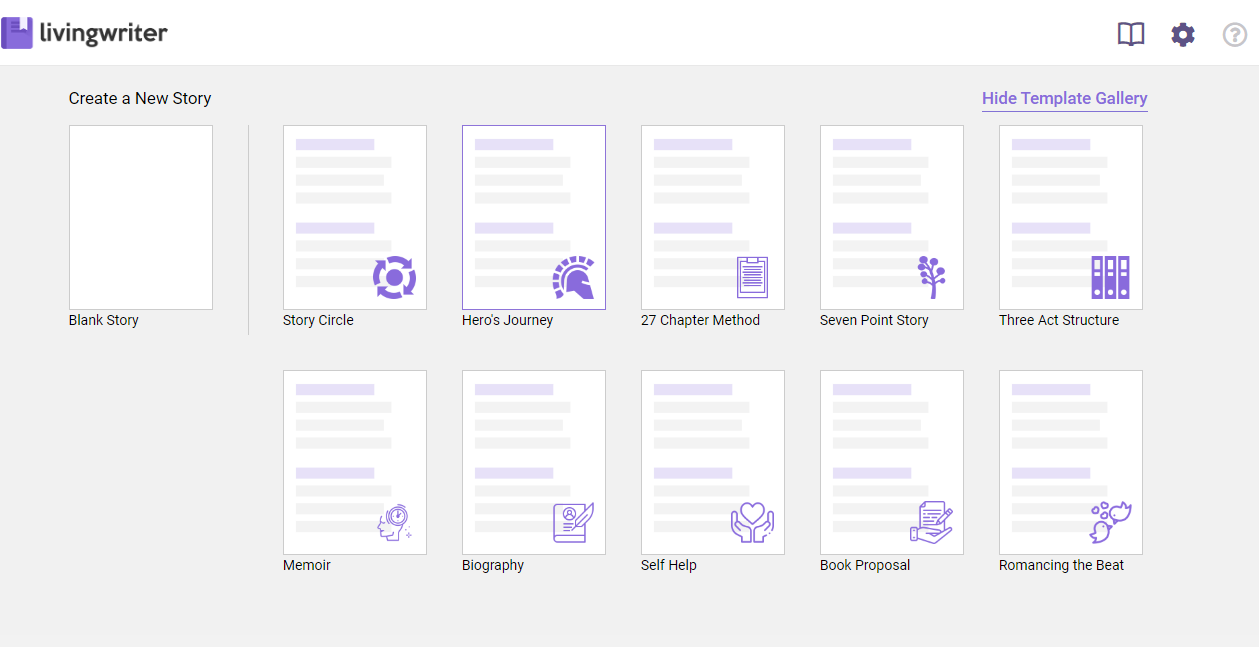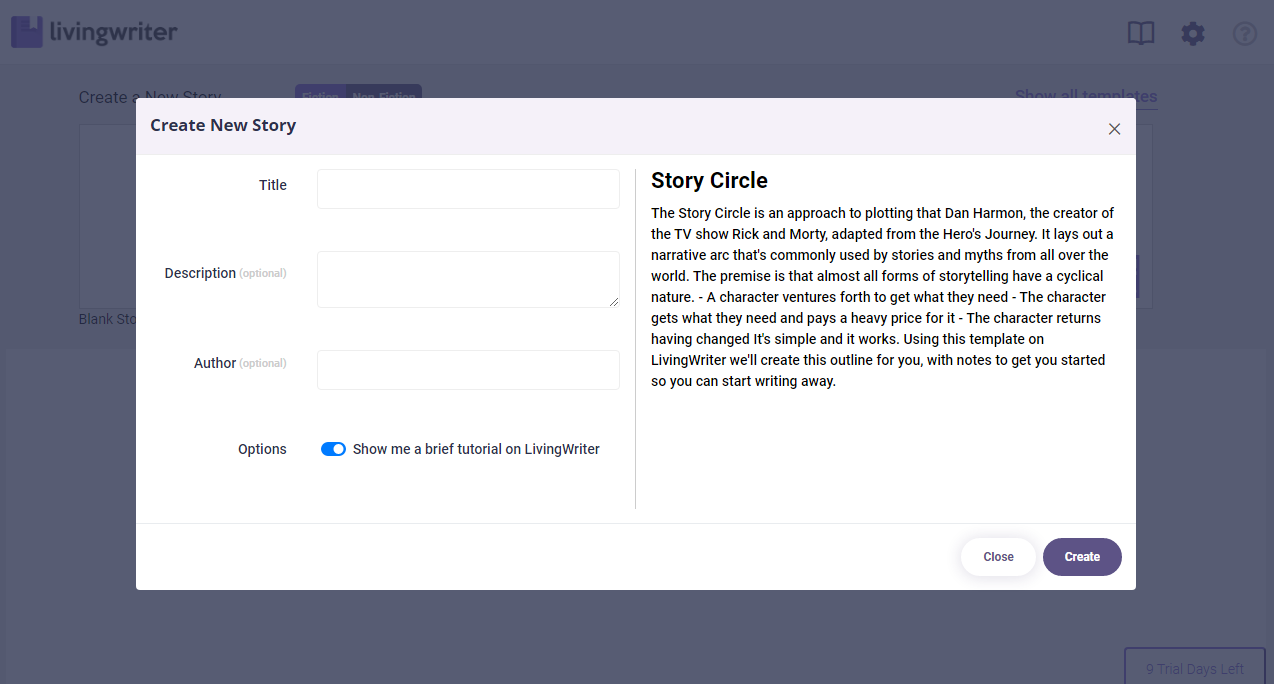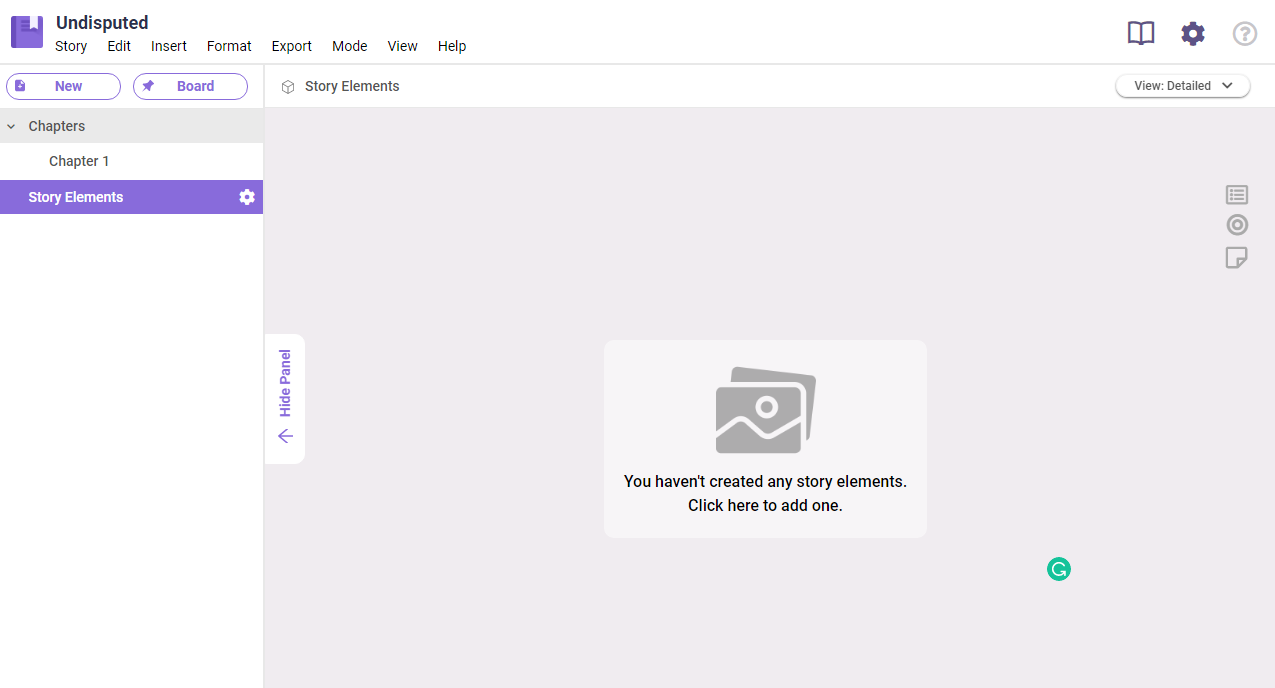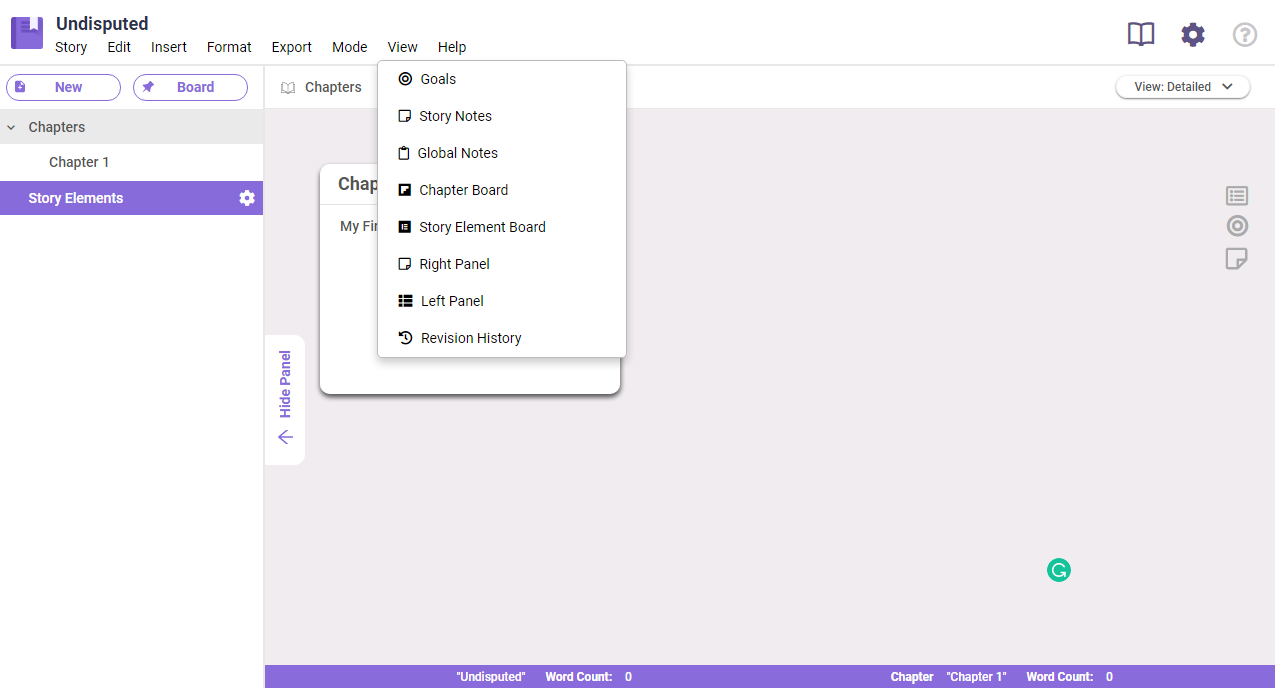World-Building with LivingWriter

The world-building process is a crucial concept of several genres of fiction construction particularly science fiction and fantasy writing.
If you’re a fantasy or sci-fi writer and searching for ways to spice up your world-building, you’re in the right place. Here are several tips on world-building for your next epic fantasy book or a realistic science-fiction work.
10 World-Building Tips with LivingWriter
There are three main classes of fiction writers that you can identify with. First, we have the J.K. Rowling type that can make fantastical elements like the Hogwarts School seem real. Others spin up imaginary worlds with unique physical laws, populations, and creatures similar To J.R.R. Tolkien’s Middle Earth in his fantasy series Lord of the Rings. Some fiction authors on the other hand-weave their story outline from real life into a fantastical story.
Lucky for you the fantasy and sci-fi genres offer many hybrids and subgenres; so you have a wide field to explore. Below are some essential world-building tips to help you get started. These are all supported by LivingWriter, the #1 world-building platform out there!
What kind of world do you desire?
First things first, select a genre. Do you want a fantasy or dystopian book or a combination? Does your story happen in our universe or an alternate one? Establishing this will aid in setting the mood and tone of your world.
LivingWriter offers several fiction templates to simplify your world-building process. They are all equipped with explanatory notes and descriptions so you can start writing away as your entire world magically unfolds in front of you. 
The Story Circle, for example, is one creative approach that Dan Harmon, the creator of Rick and Morty TV Show laid out for myths and saga stories from all over the globe. If you prefer fantasy writing filled with cynical characters and events, The Story Circle will offer you a piece of this fantasy pie and much more.

Describe the Aspects of Your World
Create a clear image of your world for your readers. Make it as real as possible so that the reader can hear, see, smell, and feel the surrounding.
The main factors to consider include:
- Climate/environment: Are you creating an alien planet or will your story be based on Earth? Are the weather patterns different from what we’re used to here on Earth?
- Geography: Factor in the landmarks, landscape, and crucial locations.
- Resources: If your story is based on a post-apocalyptic universe, oxygen might be limited or the air might be toxic. What are the resources in your world that spur the economy?
- Do you need to research your world to support your story?
- What natural resources are present and how do they influence your story?
- How does the terrain of your world affect your immediate story?
The Characters in Your World
Are the inhabitants of your world aliens, monsters, or human beings endowed with supernatural abilities?
In fiction writing, when world-building, don’t fret about the individual just yet – focus on the inhabitants as a species.
The following questions will come in handy when creating your world’s inhabitants:
- How large is your world? Is the population big or small?
- What races are in your world? What is their backstory i.e. how did they become essential in your world?
- Does your society have a class system?
- Is the population divided into genders, species, factions, and races?
- How do the population groups relate to each other? Which tribes are warring?
- Are there consortiums? Is there a council that governs all use of magic?
- Which resources are accessible to the general population and which ones are not?
Keeping a master list of your story’s characters can be tasking. You’ll need to recall their names, ages, backstories, roles and the chapters they feature in your story.
LivingWriter can help with this task. Its Story Elements feature offers a background for jotting down all your characters’ details and serves as a quick reference to keep pesky logical errors at bay. Story Elements also prevents you from overloading your story with too many characters. 
Nothing is more embarrassing than a character that is toothless in chapter one but has a full set of teeth ten chapters down the line. It’s critical to keep track of such character details so rational issues don’t bog down your world-building.
Fiction characters need to be dynamic because static characters can ravage a potentially powerful story. And the organization of these characters and story elements is imperative. LivingWriter, being the #1 organizational tool for novel writers, gives you essential features such as Story Notes, Global Notes, Chapter Board, and the Story Element Board to help keep track of all your characters’ information from their family trees, aspirations to minute details such as clothing, hair color, skin color, etc. 
Decide on the Culture of Your World
Factors such as religion, societal structure, government, and political power should be on your mind when determining your world’s culture.
World-building questions for culture:
- What is your world’s political structure?
- Who holds the power?
- Is your world based on dictatorship, democracy, or totalitarianism?
- Are your characters complacent or rebellious?
- Are the governmental rules just or does society oppose them?
- What is the behavior of the social classes in your story?
- What are the consequences of inhabitants who bend the rules?
- What religious beliefs exist in your world?
- Are there custom beliefs or religious rituals?
- What behaviors are unacceptable or immoral?
- How do marriages, families, and other social aspects operate?
- How are gender roles construed?
- Specify the Language
As a world-builder, it’s important to define how your inhabitants communicate. Do they speak a common language or dialects? Are there taboo topics? Being aware of what can and cannot be talked about in our world provides a breeding ground for conflict.
Differing languages also creates a sense of character diversity, which makes your story more interesting.
- Energize your World
How is your world powered? Does it run on magic or artificial intelligence such as space and time travel?
It could also operate on more conventional technology forms such as horses. However, magic undisputedly enables you to transpose your world-building to soaring heights!
In Fantastic Beasts, J.K. Rowling offered a detailed guide on how magic operates. Your world doesn’t have to be as complex as Fantastic Beasts as long as you have a structure that keeps your world-building in check.
Create Jaw-dropping Fiction
World-building is distinct to every writer and these six tips will assist and guide you. However, the most important thing is your creativity and imagination. The only thing we can do is help you along the way!
Livingwriter.com ensures you can have fun with your world-building!
Further Reading: 6 Tips on Writing a Solid Fantasy Novel